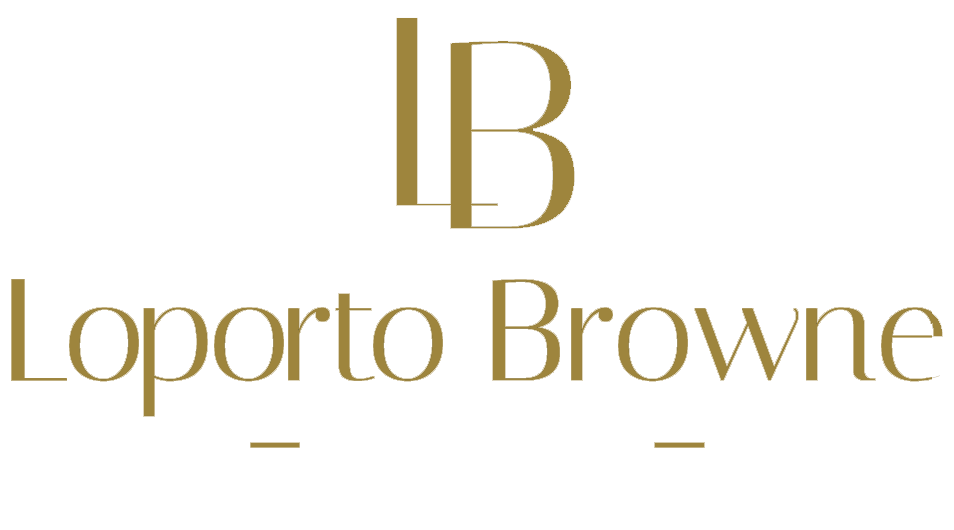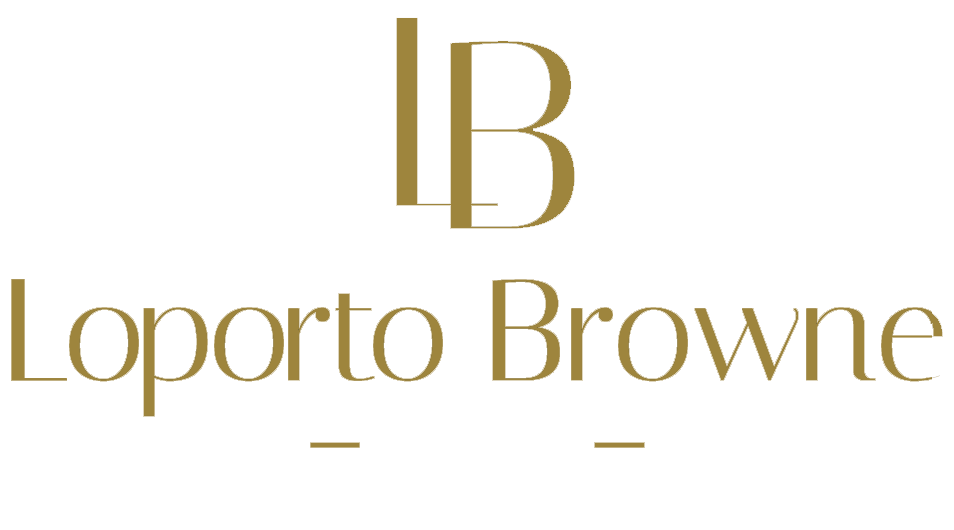Tips for selling a tenanted property.
Are you thinking of selling a property you currently rent out? As a landlord, you have two main options; either sell the house vacant or sell it as an investment with the tenants still in place.
As you can imagine, there is lots to consider. This guide covers the pros and cons of each option so you can decide which one is best suited for you.
Option 1 – Evict your tenants and sell the traditional way
The main benefit of selling the house vacant is that you will have a larger pool of potential buyers as apposed to just investment buyers. If you go down this route you will also have time to make any repairs and renovations to make the property more desirable before it goes on the market.
Before you sell the property, you will need to legally evict the current tenants. This can be done with a Section 21 after their fixed-term period has ended, or with a Section 8, provided you have the necessary grounds to evict them.
Evictions during Coronavirus
Across the UK, each nation has produced updated guidance on evictions during the coronavirus outbreak.
In all cases this includes an extension of the notice period for evictions.
ENGLAND
· The notice period has been increased to six months.
· Government has encouraged landlords to pause eviction proceedings where possible.
SCOTLAND AND WALES
· In most cases landlords must now give tenants six months’ notice.
· In Scotland, a new law has made all grounds for eviction discretionary – allowing any tribunals to consider the impact of coronavirus before issuing an eviction order or not.
NORTHERN IRELAND
· Landlords must now give 12 weeks advance notice in writing before the date tenants have to leave.
· Landlords or letting agents cannot force tenants to leave a rented home during the coronavirus outbreak.
Updated 4 September 2020
Remember that the property is your tenants’ home and the news that you are selling the property may come as a surprise. It is always best practice to talk to your tenant early and explain the situation so that you can keep things amicable. Our guide on the do’s and don’ts of evictions is a great place to start.
Once notice has been served, you will need to wait until the end of the notice period to get access to the property, prepare it for going on the market and finding an estate agent to help sell it. When combining this along with the conveyancing, it is likely the whole process will take over a year.
Our guide on how to sell your house has some handy tips for making the process easier.
Option 2 – Selling your property with sitting tenants
Given the time and disruption involved when evicting tenants, you may find it more appealing to sell your property with the tenants still in it. This can potentially save you time, money and give your tenants security as well.
What happens to the tenancy agreement when selling?
In most cases, nothing at all. If your tenants stay on, the tenancy agreement simply changes hands to the new landlord, who is bound by the tenancy in the same way that you were. Your tenants still retain their legal rights and any rights outlined in the tenancy agreement they had with you.
What are the benefits of selling a tenanted property?
Maintaining your rental income right up until completion
A simpler and quicker method of selling you property
Selling your property as is
No need to evict your tenants from their home
What are the downsides?
There are plenty of reasons to sell your property with the tenants still in place, but there are some drawbacks too. As mentioned earlier, you will be reducing your pool of potential buyers down to just buy-to-let investors, which may make it trickier to sell.
While the property is on the market you will have to continue to respect your tenants’ rights, this includes respecting their right to quiet enjoyment while arranging viewings.
Another consideration is the tax you will need to pay. Investment properties are normally subject to capital gains tax, which you may be liable for when you sell your property. There are allowances and exemptions that could offset this, make sure you do your research before deciding to sell so you are fully aware of what you will need to pay.
You will also need to ensure you have all of your paperwork and certificates organised as any potential purchaser will want to see these. This includes:
Evidence of the tenants’ Right to Rent
Signed tenancy agreement
Gas and Electrical safety certificates
Details of the tenancy deposit and the deposit scheme
Further information on any legal notices, complaints or outstanding repairs
Use a NAEA Propertymark Agent
An NAEA Propertymark estate agent who has a proven track record in selling tenanted property can help you decide if it is the right solution for you. They can also help you talk through the process with the tenants before getting the property on the market.






